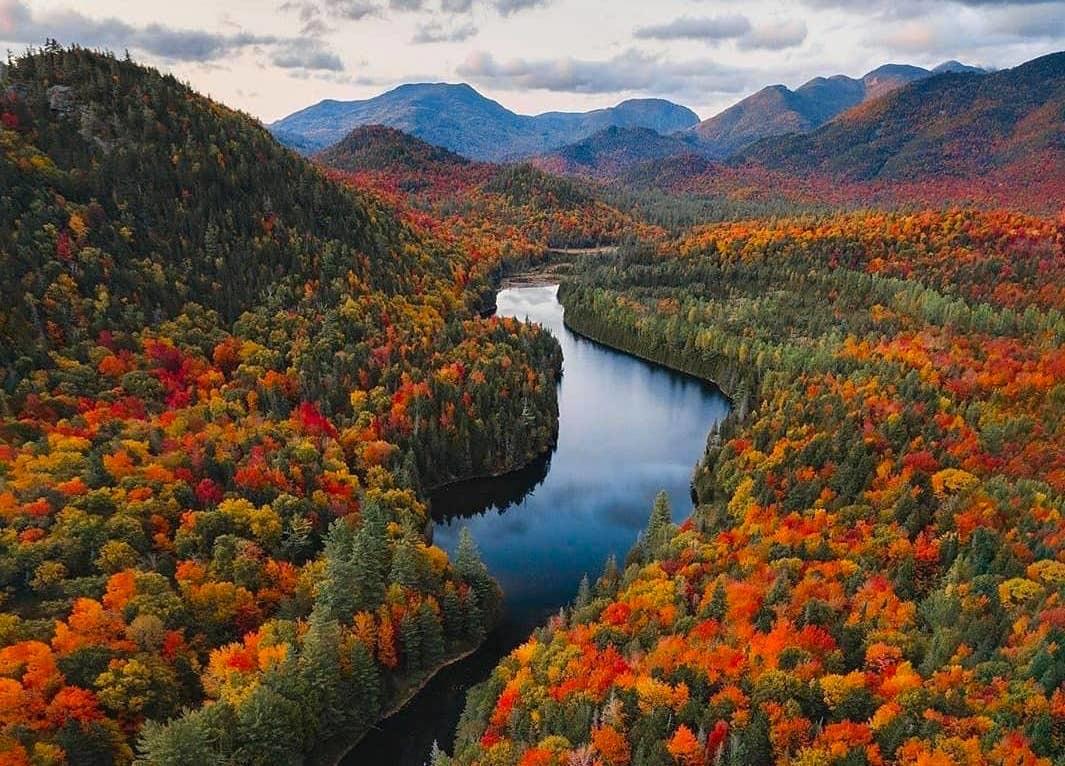Foil: Your right to Know.

Editorial by Peter Harckham Special to the USA TODAY Network
“Our streams and fragile clean drinking water sources are essential to the health of our residents and the shared prosperity in our communities. We need to protect these important waterways and aquifers by every means possible. Our lives depend on it.
To help bolster this effort I introduced legislation — S.4162 / A.6652 — with Assemblyman Steve Englebright to add 40,000 miles of Class C streams in New York State to the Protection of Waters Regulatory Program and give the state Department of Environmental Conservation the authority and resources to safeguard these streams.
The sooner this legislation is enacted, the better.
Right now, large sections of the United States are running out of potable water due to the climate crisis that is upon us. Fortunately, New York State has an abundance of freshwater and clean drinking water sources, which will certainly contribute to our competitive advantage in the years ahead.
But our freshwater lakes, streams and aquifers are under threat nonetheless from eutrophication and blue green algal blooms caused by excess phosphorus from flailing septic systems, excess fertilizer use and warming waters. Furthermore, these vital water sources are being contaminated with sodium from seasonal road salt applications, chemicals like polyfluoroalkyl substances and pesticides.
When 80% of Americans have the detectable presence of an active ingredient from a popular weed killer in their urine, it is incontestable that something has to be done to keep our drinking water safe for the generations to come.
In New York, we are working to safeguard our streams and water supplies. Working with Assemblyman Englebright and Governor Hochul, I was able to include in the enacted FY2023 State Budget legislation that regulates freshwater wetlands statewide by updating the state’s wetlands maps for the first time in 25 years.
Too often new commercial and residential development in New York threatens the existence of freshwater wetlands for the simple reason there are no updated maps of these critical environmental resources to ensure their protection. With the new maps, and DEC oversight, we will protect drinking water supplies while also helping to combat climate change through carbon mitigation in millions of acres. Wetlands are nature’s filters and absorb stormwater, excess nutrients and toxins.
Working again with Assemblyman Englebright, I introduced the bill to protect our Class C streams, which were under federal regulation until President Trump repealed the Clean Water Rule in 2019. Statewide, this rollback affected about 50% of our streams, leaving only Class AA and A streams (drinking water sources), Class B streams (swimming and contact recreation) and Class T and TS streams (supporting trout populations and trout spawning) under extra, longstanding DEC protections.
More than 11.2 million New Yorkers are dependent on public water systems that rely on small streams to supply clean drinking water. These streams are a key component to climate change resilience as well, protecting communities against flooding, filtering pollutants and recharging groundwater aquifers. Because Class C streams do not receive the same protection as other streams, this negligence actually puts the larger streams and watersheds they feed into at risk.
Those who decry the protections of Class C streams as “increased regulatory overreach” ignore the fact that Class C streams are an integral component of New York State freshwater sport fisheries. This industry generates more than $2 billion a year and supports nearly 11,000 jobs statewide, mostly in areas that are hard-bitten economically. Compromise the cleanliness of these waterways and the economic benefits of this industry will disappear along with the fish and the rest of the ecosystem.
Similarly, history and long experience have taught us that once these water sources are contaminated, it is unlikely that those responsible for the contamination will have to pay in full for the remediation. That burden always falls on local municipalities and taxpayers, long after the present-day critics and those who belittle the importance of protecting our natural resources are gone. More than two billion people on our planet live without access to safe drinking water, a number that will increase due to climate change and contamination. We have an opportunity here to commit ourselves to protecting our clean water sources. The steadfast support of Class C streams will benefit future generations, and save taxpayers money from costly remediation down the road.”
State Senator Peter Harckham (D 40th Senate District)





